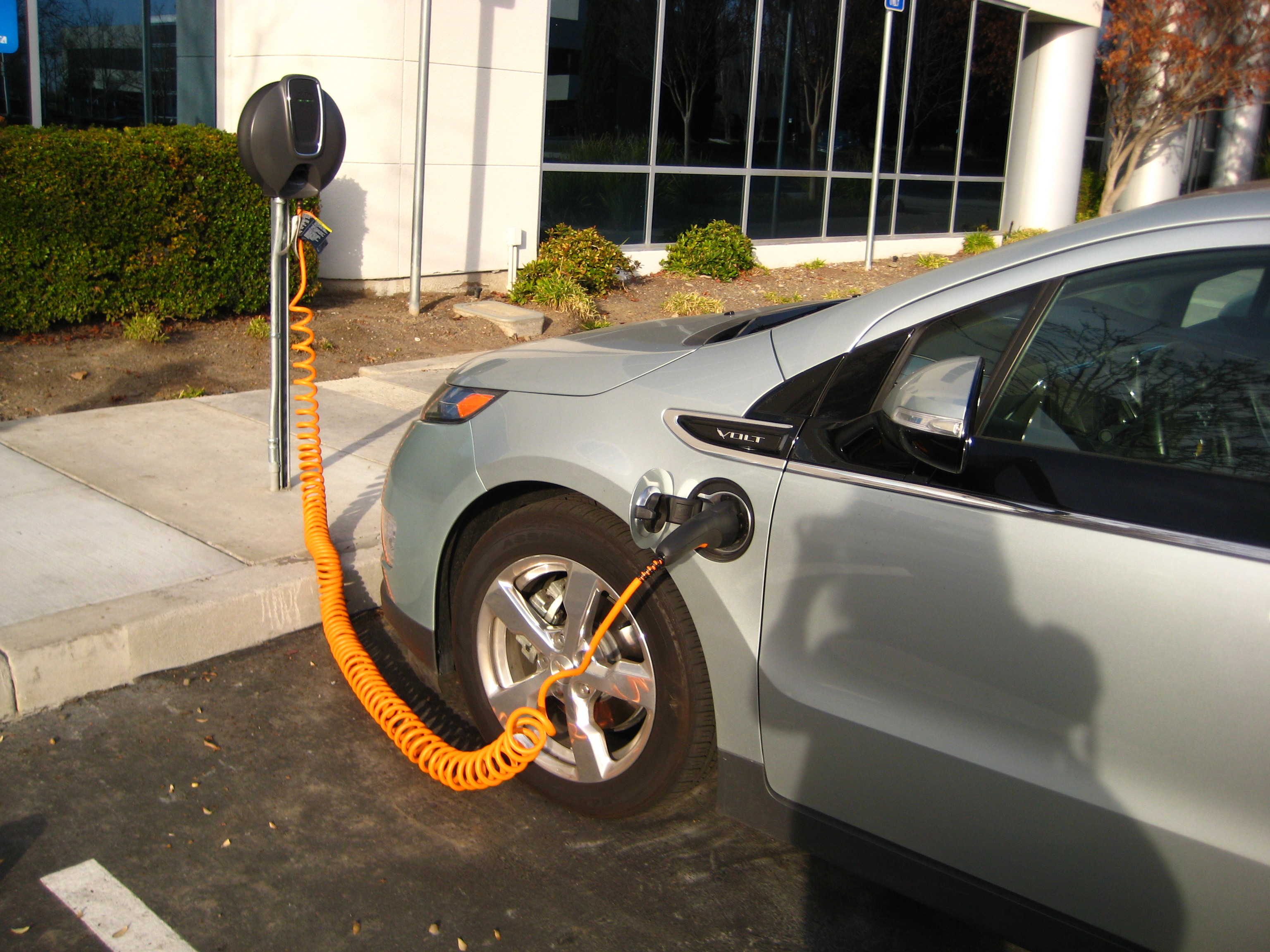 While the general public is largely in favor of electric cars, because they have a great potential for reducing greenhouse gas emissions and helping stave off climate change, there is one rather significant sector that is concerned about the possible mass adoption of plug-in vehicles.
While the general public is largely in favor of electric cars, because they have a great potential for reducing greenhouse gas emissions and helping stave off climate change, there is one rather significant sector that is concerned about the possible mass adoption of plug-in vehicles.
It’s the petroleum industry, which is worried that the rise of electric cars will threaten oil’s monopoly over the transportation sector, prompting oil companies to launch attacks on government support for plug-in vehicles. Their fear is based on the assumption that as plug-in sales grow, oil prices are bound to go down, which would have a huge impact on their revenues. But, a new report now says that electric cars are not expected to cause a major drop in oil prices, and that there are other factors that could play a bigger role in a potential oil crisis in the future.
Electric Cars Not the Biggest Threat
A recent report published by market research and consulting firm Navigant Research states that while electric cars do have an effect on oil demand, they are far from being the biggest cause for a future oil price crash.
The report has been compiled as a response to a recent Bloomberg article that claims increasing EV sales over the course of the next decade will lead to an oil crisis. The Navigant Research report notes several facts that debunk the claims made in the aforementioned article, suggesting that improved fuel economy in conventionally-powered vehicles is expected to have a greater contribution to an oil price crash.
Bloomberg’s article states that when electric vehicles reach a stage when they displace 2 million barrels of oil per day, oil prices will see a drop similar to the one recorded in 2014. While Navigant Research agrees that electric vehicles will inevitably reduce oil consumption, they could never influence prices so deeply.
“It is true that EVs displace oil; Navigant Research estimates that the total amount of oil displaced by electric light duty vehicles in the United States from January 2011 through December 2014 was roughly 2.1 million barrels. However, focusing on EVs betrays a lack of comprehensive understanding on other trends in the automotive industry that are likely to be far more impactful to oil markets. These trends include improvements in conventional vehicle fuel efficiency, adoption of partially and fully autonomous drive systems, and the increasing growth of mobility programs as alternatives to vehicle ownership,” states the report.
Driverless Cars and More Efficient Gasoline-Powered Vehicles
Aside from electric cars, stricter fuel economy standards and the expected deployment of autonomous cars are pointed out as the leading factors that will cause oil prices to drop further.
Navigant reminds the public that conventional vehicles are becoming more fuel efficient thanks to tougher fuel economy regulations, claiming that improvements in the average gas mileage in new vehicles has a great impact on oil demand. According to Navigant, average fuel economy in the U.S. will improve by 22 percent in the next ten years, adding that the introduction of self-driving vehicles will further contribute to a drop in oil demand, as they are expected to be much more fuel efficient than conventional cars and will help reduce congestion drastically.
Lastly, Navigant’s report notes the trend of reduced individually-owned vehicles. The increased proliferation of ride-sharing services is expected to reduce fuel consumption, as well, by increasing fuel efficiency per passenger mile traveled.
The main point that is underlined in this report is that electric vehicles should not be considered to be an existential threat for oil companies, advising policymakers not to allow to be influenced by the scary scenarios presented by petroleum industry leaders, in an effort to prevent the government from cutting the financial support it provides to EV buyers.